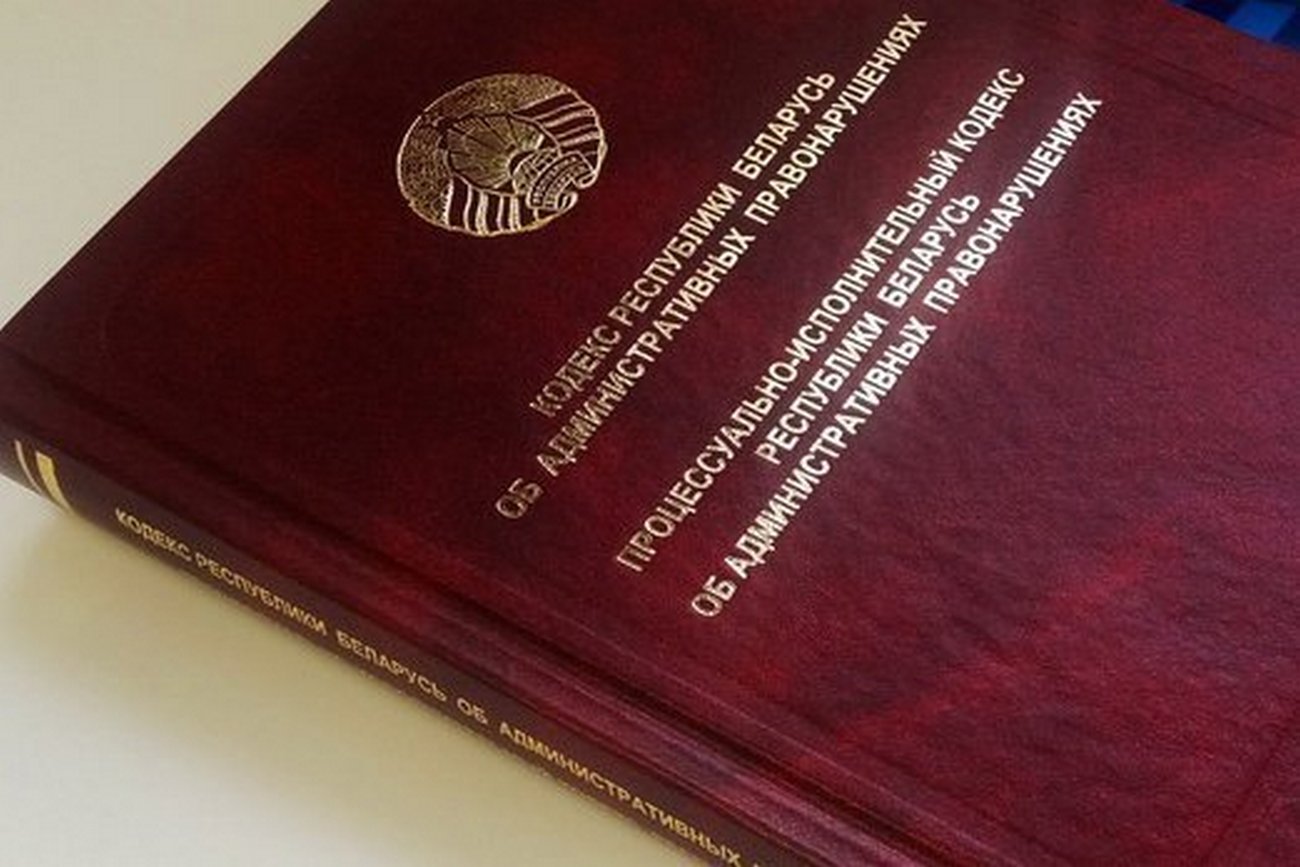The Belarusian authorities tighten information regulation and somewhat liberalize administrative legislation
 The situation got worse
The situation got worse

By Valeria Kostyugova
Last week, the Belarusian authorities embarked on limited liberalization of the Administrative Code, which recently became a tool of mass repression against citizens. However, they also stepped up control over information flow: in addition to persecuting journalists and bloggers, they banned national websites from using foreign DNS.
Persecution of bloggers and journalists has yielded results: independent media outlets are revising their information policies. Authorities have tightened control over information flow by banning Belarusian websites from using foreign DNS. That is if needed, unwanted websites not only may be blocked, but requests for them will also be redirected.
Besides, authorities aim to improve public social policy to prevent the growth in protest moods. For example, Lukashenka ordered local authorities to respond to some local social issues and to waive water fees for those who suffered from the tap water contamination in late June.
Some liberal amendments to the Administrative Code were approved by parliament in the first reading last week. In 2019 alone, law enforcers applied 4 million administrative penalties against citizens and 16 million in over 10 years. That is, virtually every family in Belarus was repeatedly subjected to fines or arrests. The new edition of the Administrative Code envisages a reduction in the size of fines and frequency of their application and some cases, de-penalizes minor misconduct.
So far, the authorities were unable to find funds to improve social protection for Belarusian citizens. Hence, they are likely to revise the financial policy in the future to achieve this goal, despite the risks for the national currency.
Subscribe to our newsletter




Situation in Belarus
Constitutional referendum: main consequences


 Video
Video
How to count the political prisoners: are the new criteria needed?


 Video
Video
Paternalism In Decline, Belarusian Euroscepticism, And The Influence Of Russia


 Video
Video












